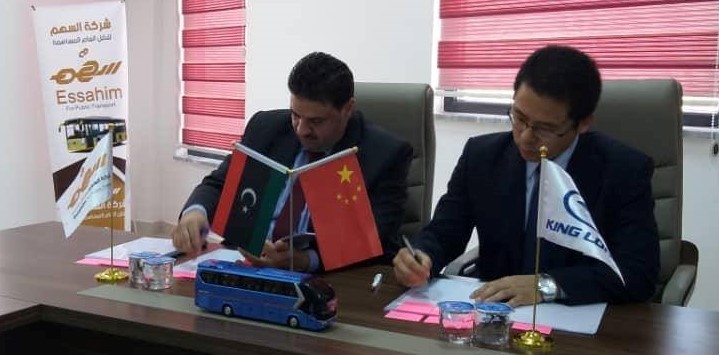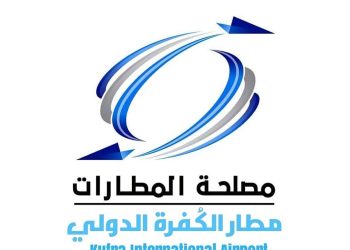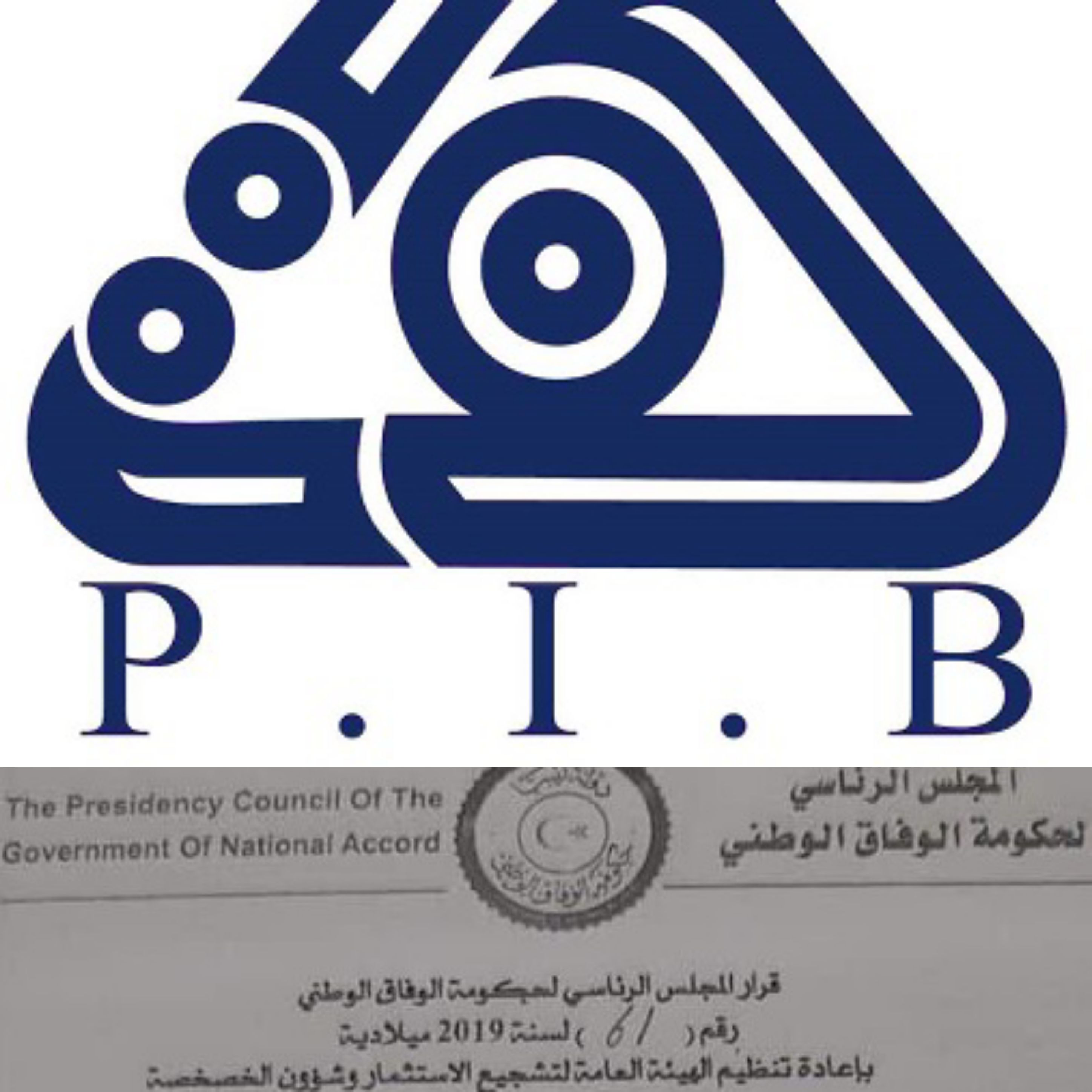By Sami Zaptia.

London, 27 March 2019:
Libya has signed a contract to import 130 buses from China’s King Long company. The contract was signed yesterday in Tripoli by Essahim Company for Public Transport, a subsidiary of the National Investment Company (NIC). Essahim will import and operate the buses which will be for Tripoli.
The first batch of 35 of the ‘‘City Bus’’ models will arrive within four months of the contract signing and will go into operation by the end of the year.
The NIC is a curious private / state holding company that owns a number of subsidiaries. It was formed by the Qaddafi regime in 1986 by forcibly deducting 1.5 percent from the salary of every Libyan to form the company with a capital of LD 1.2 billion. Essahim is thought to be worth around LD 22 million which it raised through an IPO.
The value of the contract was not revealed, but it is reported it was won through a tender process. Tripoli business sources told Libya Herald that in fact the initial contract is for only 35 buses which cost around LD 100,000 each.
About 35 companies were invited to participate in the tender, but only three made offers. Besides King Long, Hyundai and a Jordanian company made offers. However, since the Libyans requested Euro 3 and Euro 4 emission specifications, which are deemed outadated by most of the leading bus manufacturers, very few made offers.
The sources also report that the Essahim may face difficulty in completing the contract, as it had budgeted on the basis of being granted a preferential exchange rate (LD 1.4/dollar) by the Tripoli Central Bank of Libya (CBL) rather than the new official LD 4 to the dollar.
The Tripoli CBL has apparently so far refused to grant any preferential exchange rates for the deal in line with the new post-Qaddafi era where the private sector is to be allowed a more level playing field in which to compete with the dominant and suffocating state sector.
Private business leaders told this publication today that they are watching the deal closely as an indicator of how the CBL will deal with such pressures from vested interests. Its actions could set either a positive or a negative precedent for the way forward, they explained.










